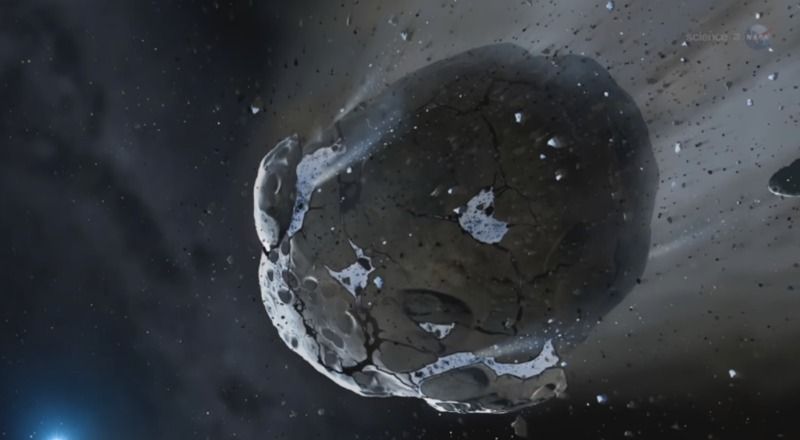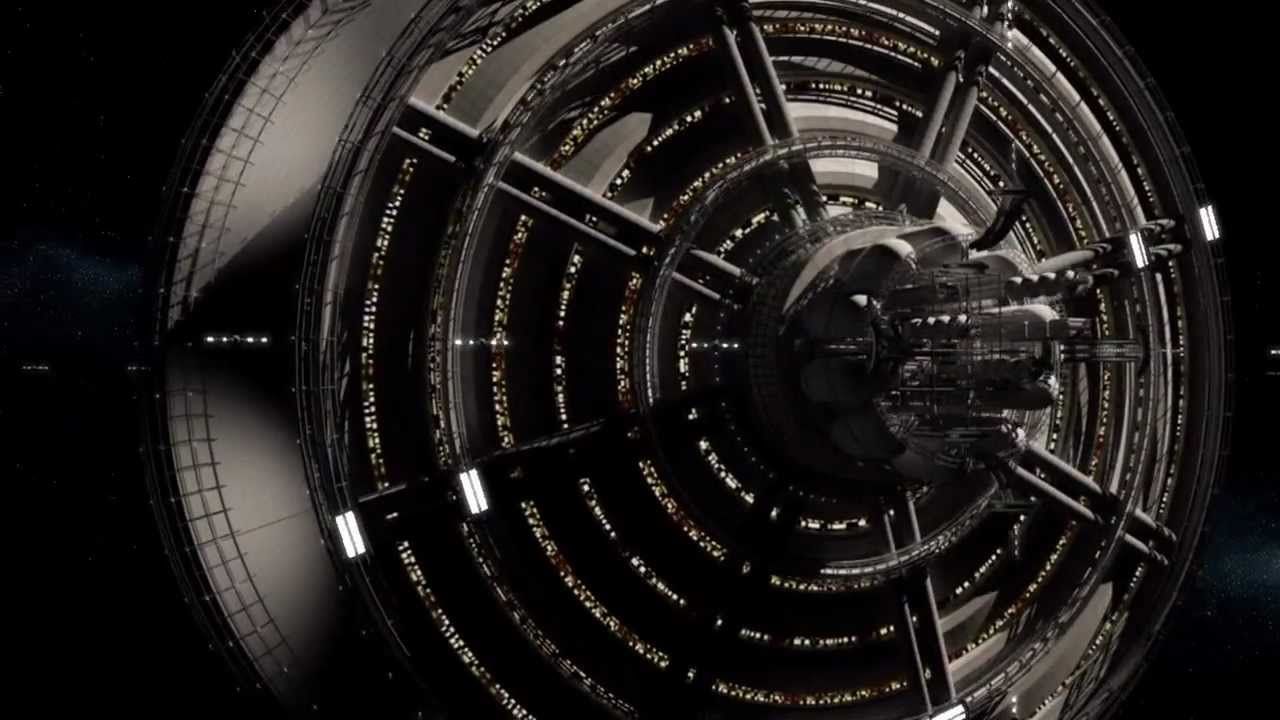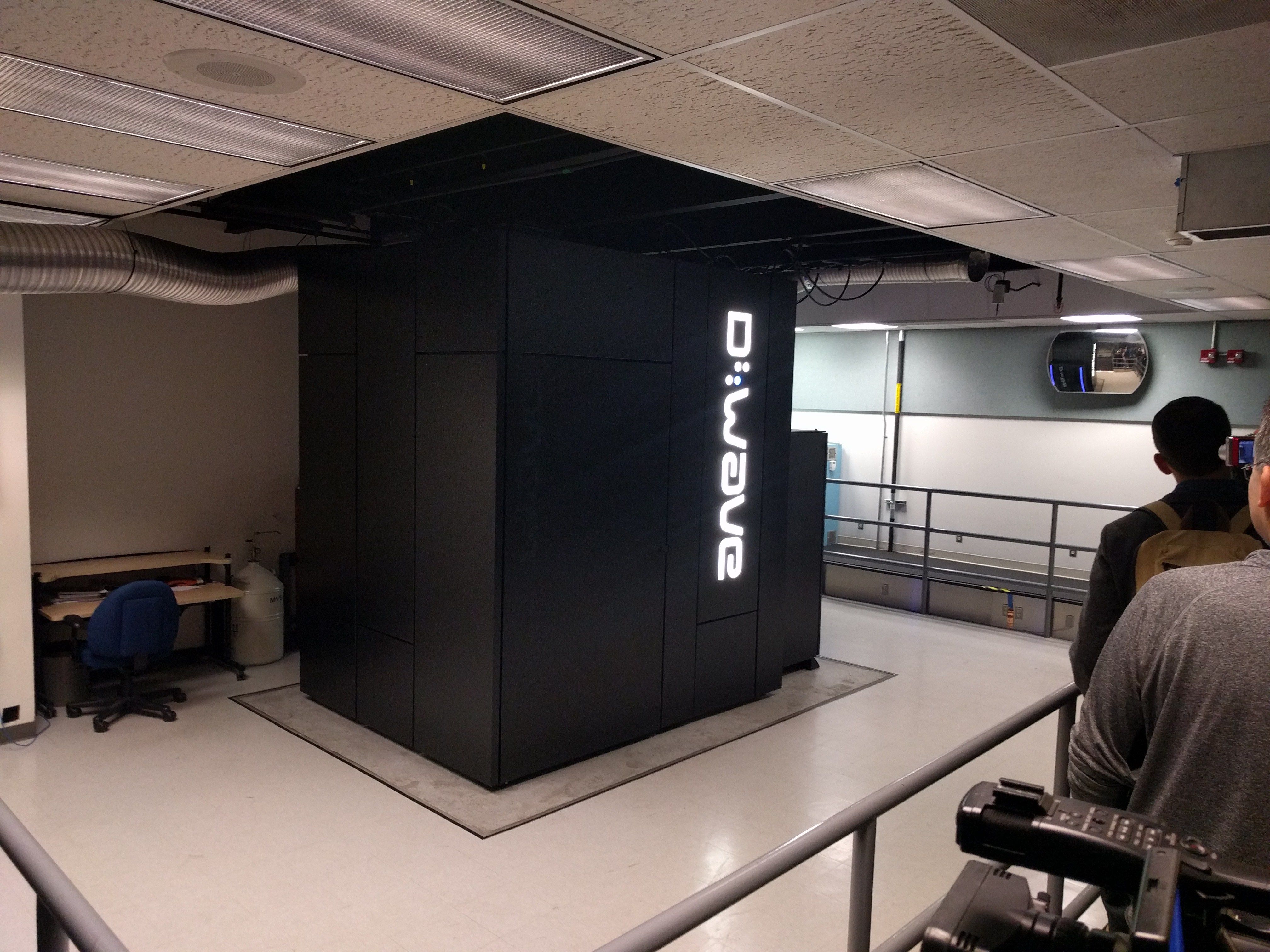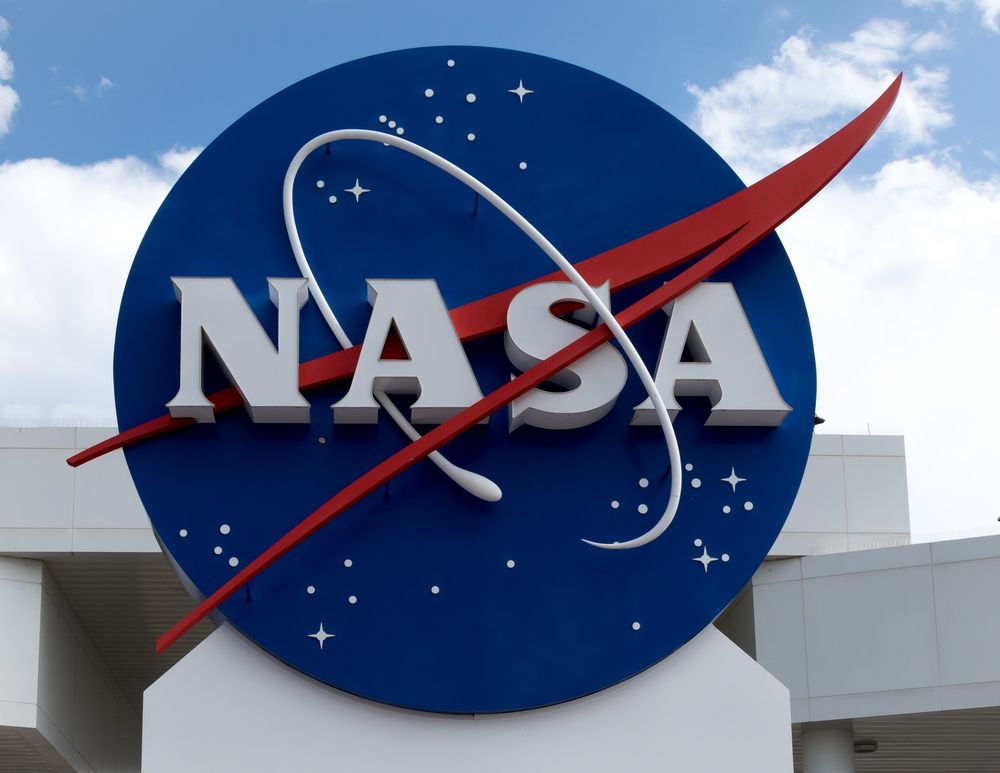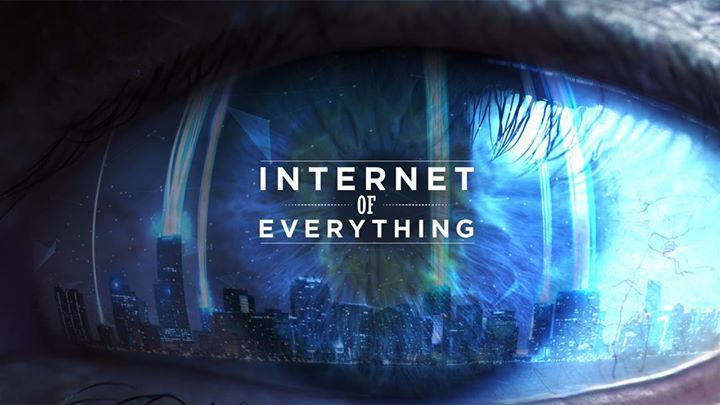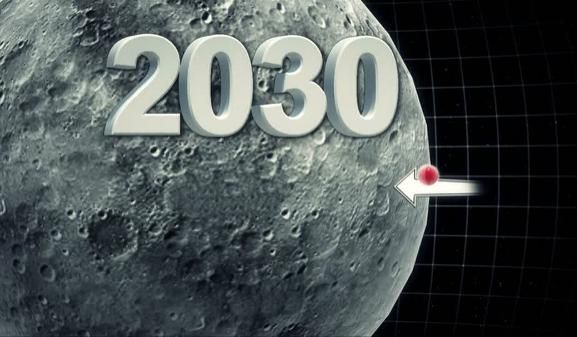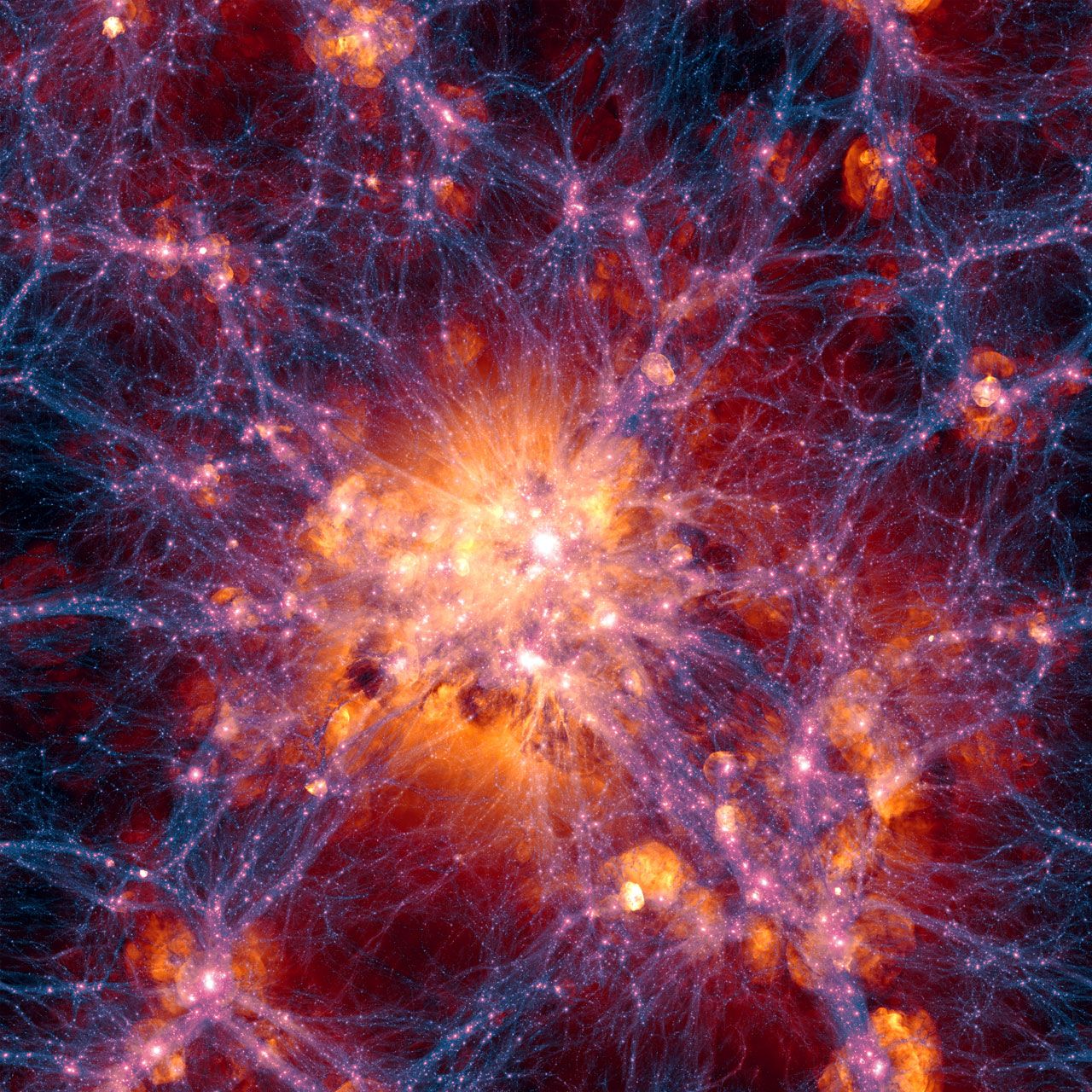This weekend’s Geminids are going to be the biggest meteor shower of this year, and you absolutely should not miss it. Here’s when, where, and how to watch the Geminid meteor shower—and what you should be looking for when you do.
The Geminids are a mid-December (this year peaking on Sunday, December 13th) meteor shower formed by the debris of comet 3200 Phaeton burning up in our atmosphere. Phaeton is unusual in that it was only recently recognized as a comet at all. For many years, astronomers believed that Phaethon was really a large asteroid, due to its total lack of ice. Eventually, researchers figured out that Phaethon’s lack of ice was simply due to how close its path was to the sun, and they reclassified it as an extinct comet or a “rock comet.” That extinct comet is responsible for the Geminids you’ll see this weekend.
